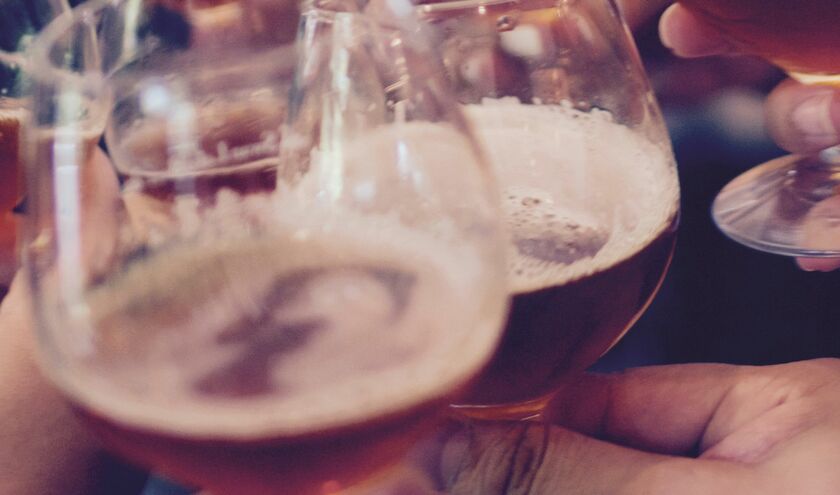The report - entitled Alcohol-free and low-alcohol drinks in Great Britain: Monitoring report on 2023 data - from the University of Sheffield's Addictions Research Group shows the sales value of so-called no/lo drinks soared to £362m in 2023, more than doubling since 2020. However, the new report from the Sheffield Addictions Research Group raises important questions about whether the industry's growth is helping to improve public health.
The research, funded by the NIHR found that while one-third of UK adults have drunk a no/lo drink in the past year, those who drink at risky levels are more likely to be regular consumers of these alternatives than lighter drinkers or non-drinkers.
In addition, the report reveals a complex pricing picture - while people on average pay less for their no/lo wine, spirits, and ready-to-drink beverages in shops than for their alcoholic counterparts, they still pay more for no/lo beer and cider. There are concerns this pricing disparity could undermine the potential public health benefits.
Professor John Holmes, director of the Sheffield Addictions Research Group and report author, said: ‘The fact that no/lo beer and cider remain more expensive is a concern. Since alcohol causes the most harm among more deprived groups, any affordability barriers could limit the potential public health benefits of these products.'
Professor Adam Briggs, programme director for the NIHR Public Health Research Programme, said: ‘Deaths from alcohol in England are continuing to rise and understanding how the no/lo alcohol market is changing over time is crucial to developing effective public health policy on alcohol and delivering the government's shift from sickness to prevention.'
The report also used household purchasing data for the first time, revealing that 96% of households that buy no/lo drinks also buy alcoholic ones. It also showed the availability of no/lo beers in pubs, bars and restaurants has increased, with 74% of outlets selling it in 2023.
Meanwhile, Scotland's drugs and alcohol policy minister Maree Todd has underlined her unwavering commitment to continue reducing alcohol harms, as new figures show the number of alcohol-specific deaths at a five-year low.
Statistics released by National Records of Scotland (NRS) show that the number of alcohol-specific deaths fell by 7% to 1,185 in 2024. This is the lowest number of alcohol-specific deaths registered since 2019, and a decrease of 92 from 2023.
Todd said: ‘We are continuing to work closely with local Alcohol and Drugs Partnerships and other stakeholders to provide targeted, person-centred support, backed by record levels of funding of around £160m this year.
‘However, while we are making progress on tackling the harms caused by alcohol, we cannot become complacent. This is a public health priority and we are continuing to channel our energy towards reducing alcohol harm further. There is still a lot of work to be done to save and improve lives.'



